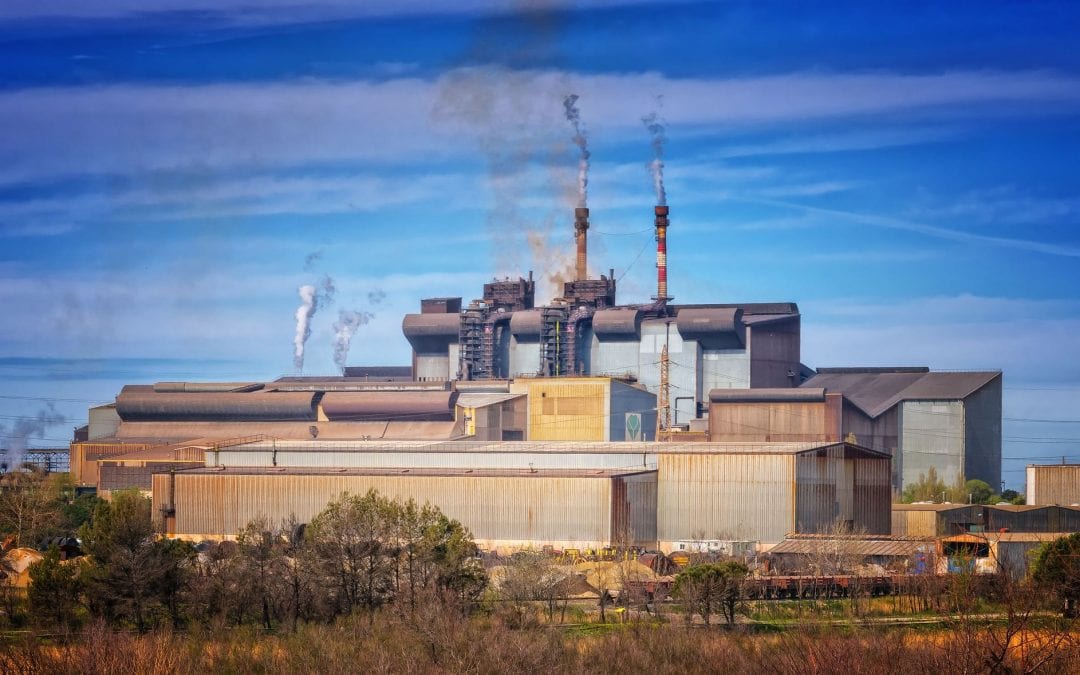
Stephen Knight-Lenihan
Dr Stephen Knight-Lenihan is a senior lecturer in the School of Architecture and Planning at the University of Auckland.
The fundamental nature of our economic system is to benefit from ecological decline. Dr Stephen Knight-Lenihan makes the case for another way.
The global economy maximises the free use of environmental resources. As discussed below, it has evolved to rely on ecological degradation. It’s important to understand this in the context of recommendations being considered by Government from the Resource Management Review Panel and the Climate Change Commission.
The Panel recommends moving away from the current approach of reducing harm to putting in place goals for improving environmental values. The Commission outlines a path for reducing greenhouse gas emissions and preparing for climate change.
What is needed is a clear articulation of the challenging nature of the economic system constraining how to achieve these goals. One way to explain the fundamental nature of the challenge uses observations by Canadian fisheries scientist Tony Pitcher. Some 20 years ago Pitcher described three interacting phenomena contributing to the decline in marine biodiversity. I’ve taken a few liberties to explain how this fits the broader theme.
Fishing generally selects for longer-lived, slower-growing fish. This leaves species with higher turnover rates. As species become locally rarer, restoring previous ecological conditions becomes harder. Pitcher refers to this as ‘Odum’s ratchet’, in deference to ecologist Eugene P. Odum, and where ratcheting refers to a series of cumulative irreversible steps.
Removing parts of a natural system alters ecological relationships. The result can be a ‘trophic cascade’ of non-target species changes and disappearances. The kina barrens of the Hauraki Gulf are an example. Fishing of snapper and crayfish reduces kina predation. Kina feed on seaweed, including kelp. Kelp density consequently declines as kina numbers increase.
This brings us to the normalisation of change. Pitcher gives a nod to marine biologist Daniel Pauly with ‘Pauly’s ratchet’. This is where we tend to judge change against what things were like when we first became aware of them.
Finally, there is ‘Ludwig’s ratchet’. This relates to the positive feedback between the increasing ability to catch fish due to advances in technology, and the consequent serial depletion of the preferred fish stocks, all driven by the need to repay borrowed money, pay staff, and compete.
Broadly, businesses have evolved in the context of supply chains that have not included the full ecological costs of production. Further, the economic system now relies on ecological degradation to continue doing business.
Individual businesses may want to reduce or avoid their environmental impact, and even contribute to making the environment healthier, but the global system they operate in makes this difficult. For example, every widget might include the cost of avoided pollution, or contribution to ecological restoration. But such responses currently only reduce the scale of harm, that is, making things less bad.
A further example comes from the post-2020 General Election briefings to incoming ministers (BIMs) for transport and tourism. These in part reflect the political and economic reality of a post-Covid-19 recovery rather than a need to minimise emissions. Yet transport and tourism contribute significantly to greenhouse gases. Electric vehicles will help, but the issue is the evolution of businesses benefitting from, and now dependent on, infrastructure predicated on cheap carbon. Fundamentally our economy relies on emissions.
A role of government is to temper the extremes of a competitive economy, creating the rules of the game to ensure environmental degradation is kept within bounds. However, decision-makers must also serve the needs of investors. This leads to decisions that are not always environmentally sensible, but are normal, including investment in tourism and investment that relies on existing transport infrastructure.
On page 15 of its draft recommendations, the Climate Change Commission notes “emissions must be reduced at pace while allowing the country to continue to grow”. But emissions are the outcome of building an economy on cheap carbon. It is embedded in the very infrastructure of modern life, from the way we have friends and families requiring travel to keep in touch with, through to where we live relative to where we work, and the external export and import networks sustaining our lifestyles. Properly using tools such as the emissions trading scheme helps modify the current system but will not undo this infrastructural inheritance.
The Commission notes the need for an integrated cross-sector and cross-party response to the climate challenge. But what does that mean? As a starter, the Government needs to back away from pre-election promises not to substantially review taxation. Government agencies should be required to clearly state how policies and strategies will contribute to enhancing ecosystems and responding to climate change. This would expand current requirements for central government agencies to analyse the implications of policy on greenhouse gas emissions.
To help the private sector wanting to do the right thing, the Government should require companies report on how they are contributing to improving ecological values, and this could be linked to tax rebates. These requirements could be tightened over time, broadening the intent of the ETS. Such requirements could be added to regulations governing financial markets.
Finally, the Government needs to open up on the long-term outlook for the New Zealand economy in a world where emissions reductions and climate impacts may require more significant change than that contemplated by the Commission. This includes looking beyond New Zealand to identify how we contribute to priority areas for biodiversity protection, preparation against climate change, and accounting for how our behaviour contributes to emissions and negative environmental impacts in other countries.
Through all this, the fundamental nature of the economic system will still be to benefit from ecological decline. However, the above could be part of a wider conversation recognising this and emphasising that the shift will be profound.
* Originally published in newsroom. Republished with permission.

